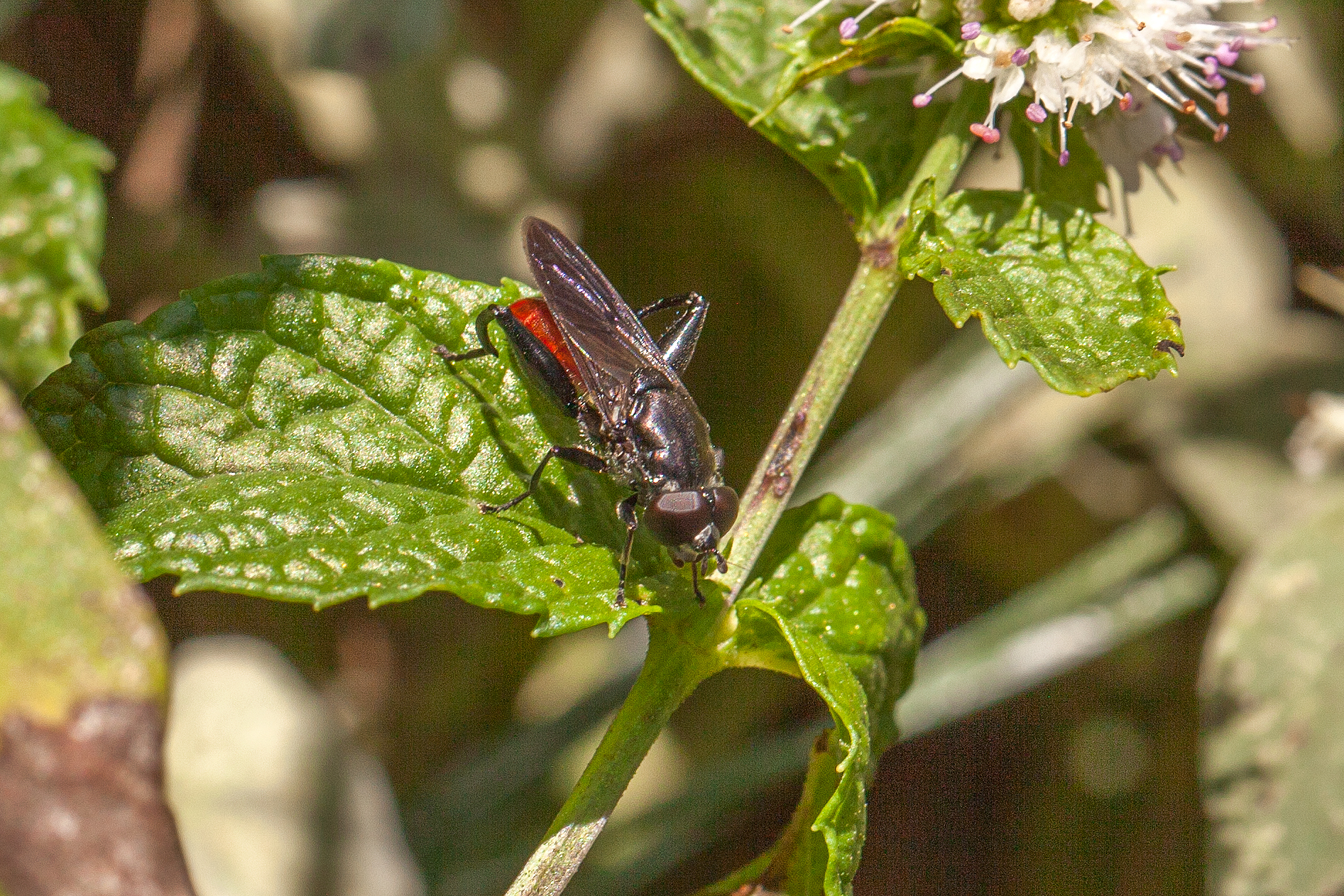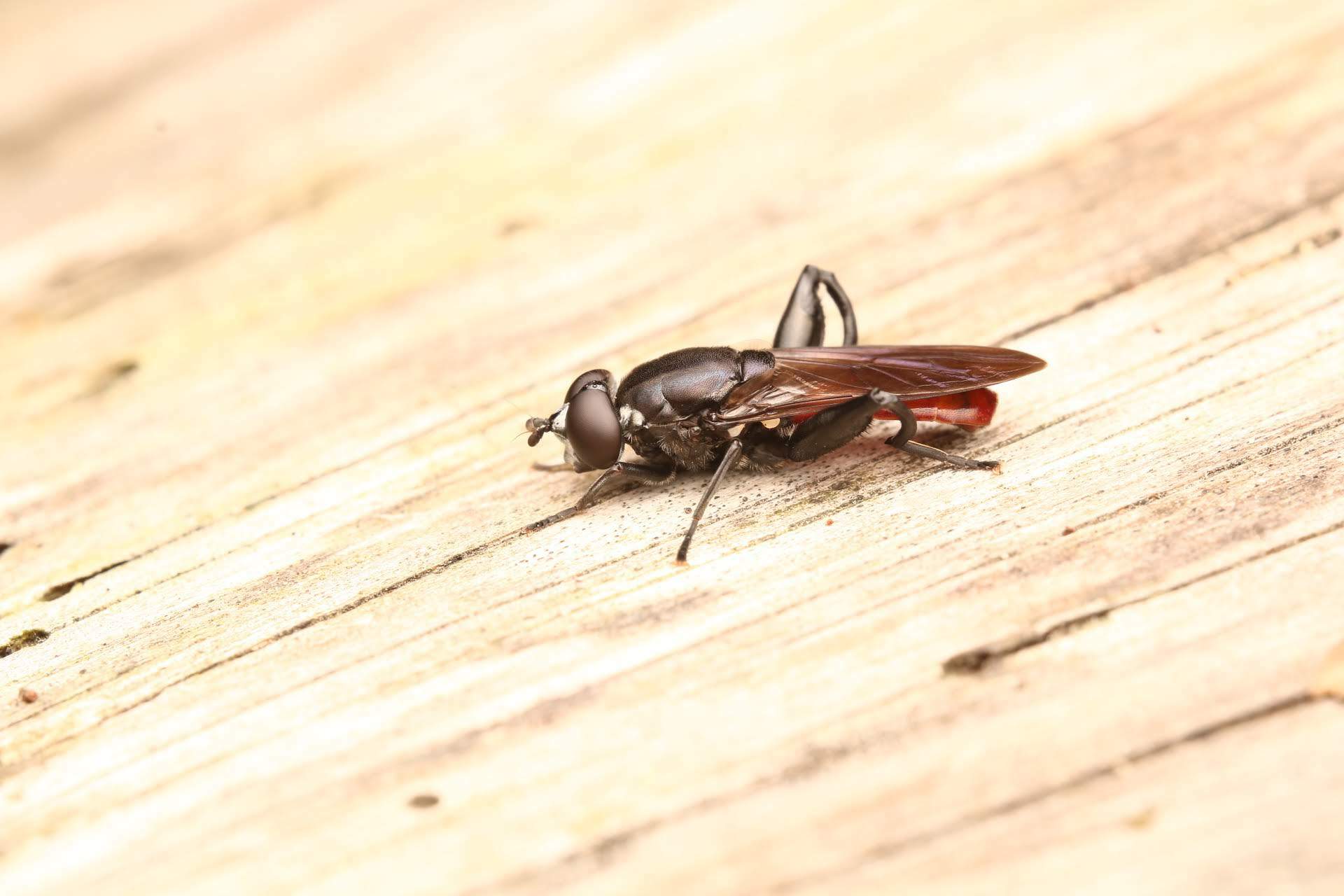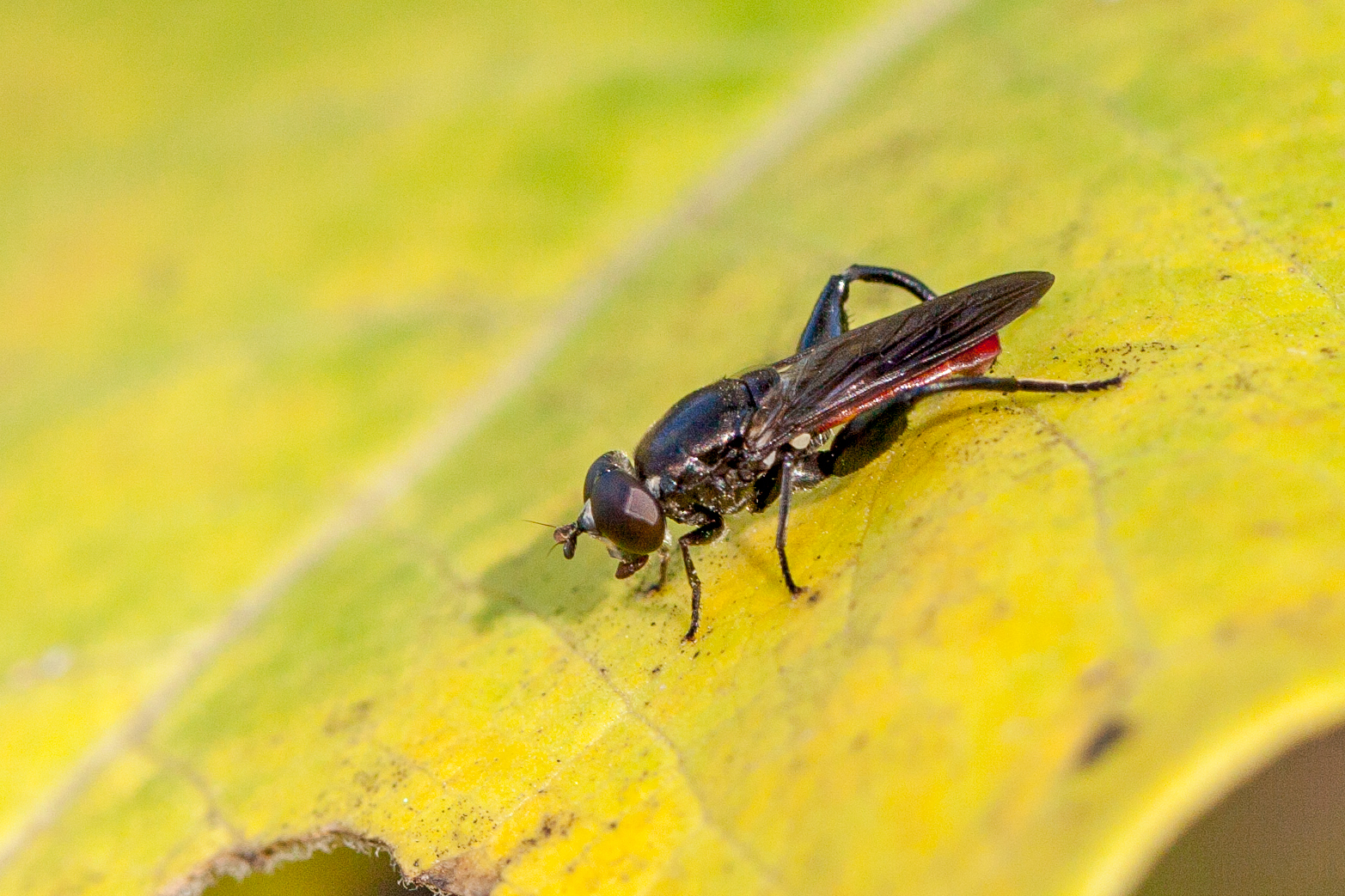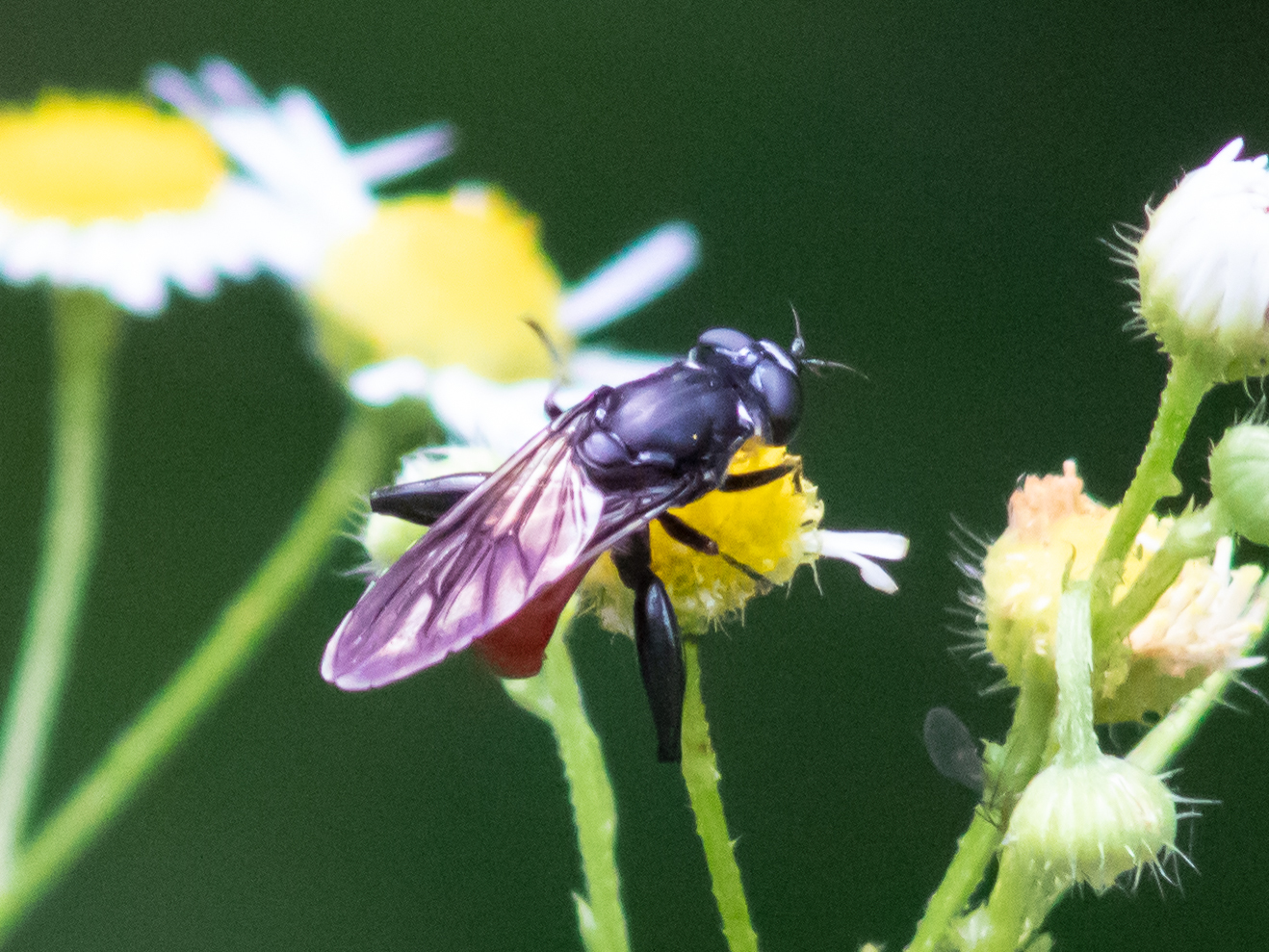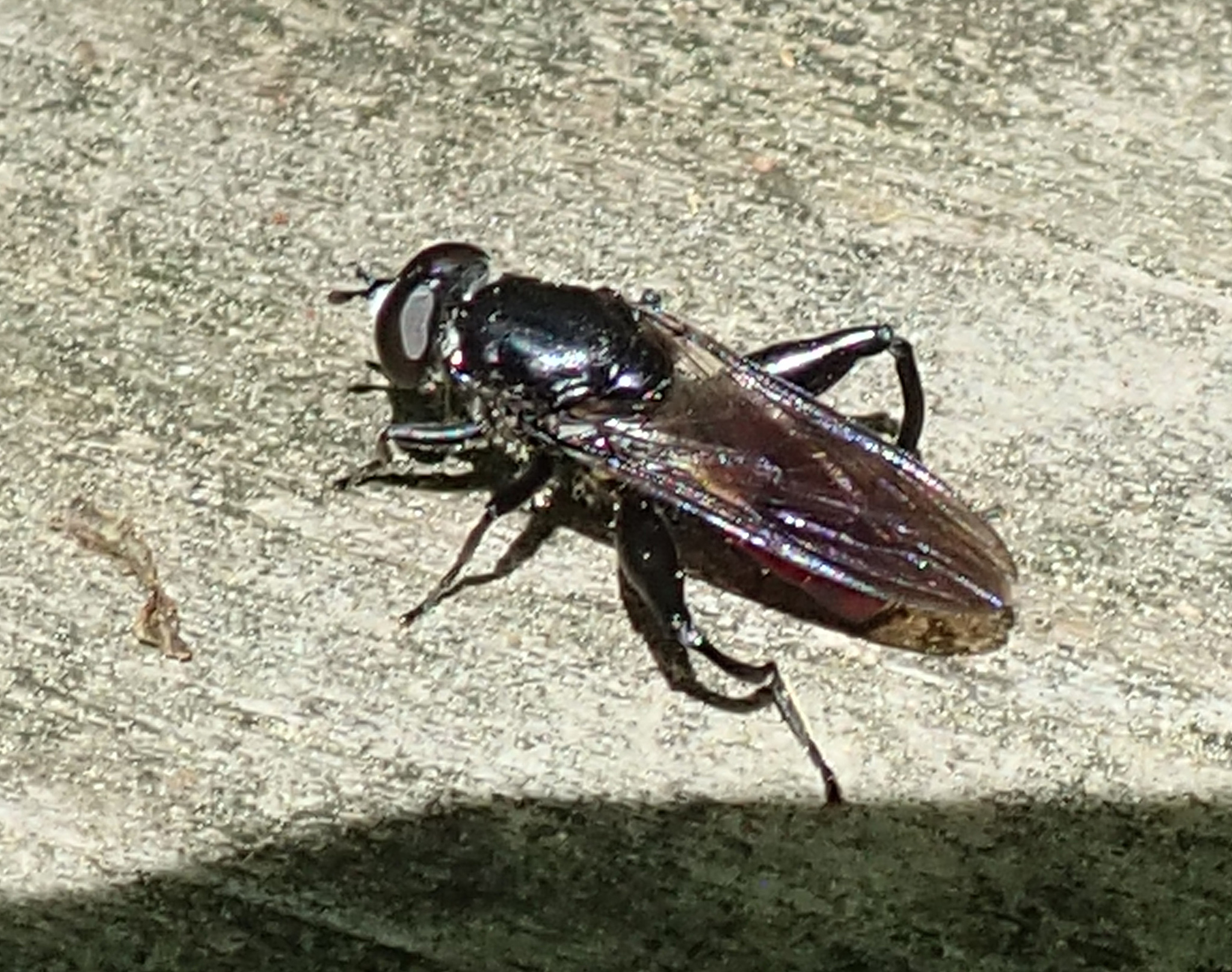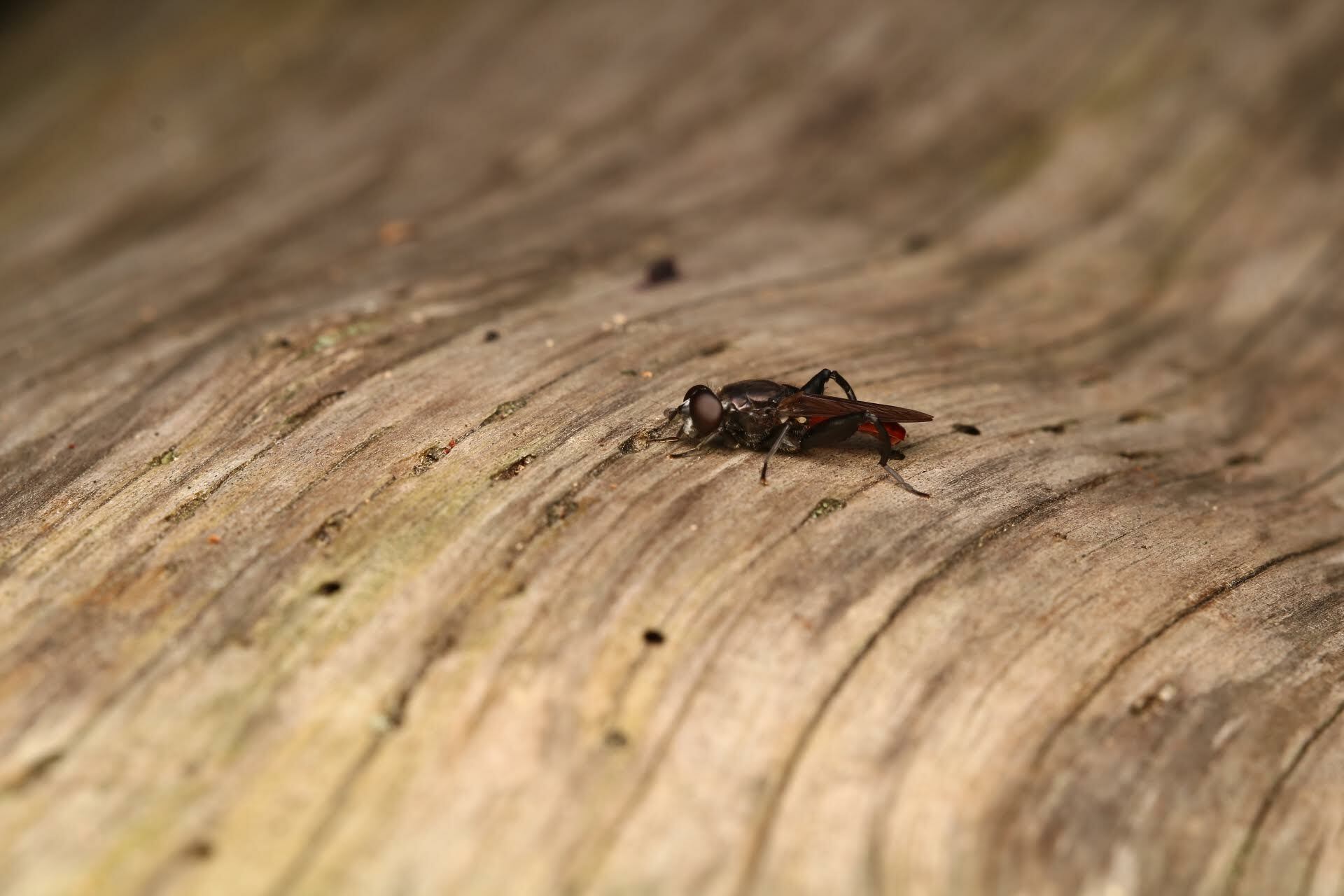Map Snapshot



10 Records
Seasonality Snapshot
Use of media featured on Maryland Biodiversity Project is only permitted with express permission of the photographer.
Short-haired Leafwalker in Prince George's Co., Maryland (8/24/2019). (c) Sergei Drovetski, all rights reserved.
View Record Details
Media by
Sergei Drovetski.
Short-haired Leafwalker in Prince George's Co., Maryland (7/9/2023). (c) Benjamin Burgunder, some rights reserved (CC BY).
View Record Details
Media by
Benjamin Burgunder via iNaturalist.
Short-haired Leafwalker in Prince George's Co., Maryland (8/24/2019). (c) Sergei Drovetski, all rights reserved.
View Record Details
Media by
Sergei Drovetski.
Short-haired Leafwalker in Anne Arundel Co., Maryland (7/2/2020). (c) Timothy Reichard, all rights reserved.
View Record Details
Media by
Timothy Reichard.
Short-haired Leafwalker in Prince George's Co., Maryland (5/16/2020). (c) Jane Hartman, all rights reserved.
View Record Details
Media by
Jane Hartman.
Short-haired Leafwalker in Prince George's Co., Maryland (7/9/2023). (c) Benjamin Burgunder, some rights reserved (CC BY).
View Record Details
Media by
Benjamin Burgunder via iNaturalist.
Source: Wikipedia
| Chalcosyrphus piger | |
|---|---|

| |
| Male | |
| Scientific classification | |
| Domain: | Eukaryota |
| Kingdom: | Animalia |
| Phylum: | Arthropoda |
| Class: | Insecta |
| Order: | Diptera |
| Family: | Syrphidae |
| Subfamily: | Eristalinae |
| Tribe: | Milesiini |
| Subtribe: | Xylotina |
| Genus: | Chalcosyrphus |
| Subgenus: | Xylotomima |
| Species: | C. piger
|
| Binomial name | |
| Chalcosyrphus piger | |

| |
| Synonyms | |
Chalcosyrphus (Xylotomima) piger (Fabricius, 1794), the short-haired leafwalker, is an uncommon species of syrphid fly found throughout North America and Europe. Hoverflies get their names from the ability to remain nearly motionless while in flight. The adults are also known as flower flies, for they are commonly found around and on flowers, from which they get both energy-giving nectar and protein-rich pollen. Larvae have been identified from sappy hollows from Larix and Pinus.[7][8]
Distribution
[edit]Europe, Canada, United States.(see distribution map)[9]
References
[edit]- ^ a b Fabricius, Johan Christian (1794). Entomologia systematica emendata et aucta. Tome IV. Hafniae [=Copenhagen]: C.G. Proft. pp. [6] + 472 + [5] pp. Retrieved 20 May 2021.
- ^ Fabricius, Johann Christian (1805). Systema antliatorum secundum ordines, genera, species. Bransvigae: Apud Carolum Reichard. pp. i–xiv, 1–373. Retrieved 5 June 2020.
- ^ Wahlberg, P.F. (1839). "Bidrag till Svenska Dipternas kannedom" (PDF). K. Svenska VetenskAkad. Handl. Series 3. 1838: 1–23. Retrieved 27 July 2021.
- ^ Walker, F. (1849). List of the specimens of dipterous insects in the collection of the British Museum. Part III. London: British Museum (Natural History). pp. 485–687.
- ^ Perris, Edouard (1870). "Histoire des Insectes du pin maritime. Diptères". Annales de la Société Entomologique de France. Série 4. 10: 135–168. Retrieved 27 July 2021.
- ^ Bigot, Jacques-Marie-Frangile (1884). "Diptères nouveaux ou peu connus. 22e partie, XXXII: Syrphidi (2e partie). espèces nouvelles, No 1er". Annales de la Société Entomologique de France. 3 (6): 315–356. Retrieved 24 July 2021.
- ^ Van Veen, M.P. (2004). Hoverflies of Northwest Europe, Identification Keys to the Syrphidae (Hardback). Utrecht: KNNV Publishing. p. 254. ISBN 90-5011-199-8.
- ^ Skevington, J.H.; Locke, M.M.; Young, A.D.; Moran, K.; Crins, W.J.; Marshall, S.A (2019). Field Guide to the Flower Flies of Northeastern North America. Princeton Field Guides (First ed.). Princeton, New Jersey: Princeton University Press. p. 512. ISBN 9780691189406.
- ^ Thornhill, Alan; Pennards, Gerard W.A.; Morris, Roger K.A. (2022). "Chalcosyrphus piger (Fabricius, 1794) (Diptera, Syrphidae) new to Britain". Dipterists Digest. 29 (1): 84–86.
